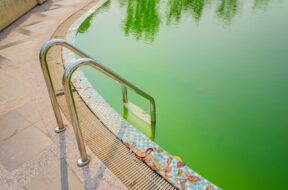
Want to learn more about algaecide? Read on to find out when to add algaecide to your pool maintenance routine and other helpful tips.
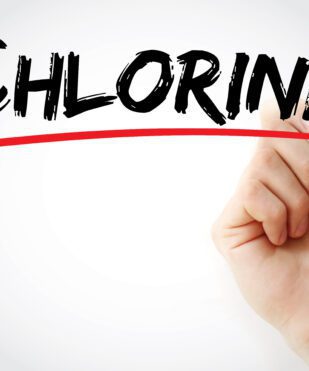
Free Chlorine and Total Chlorine mean different things for your swimming pool. Knowing the difference is key to a well balanced pool.
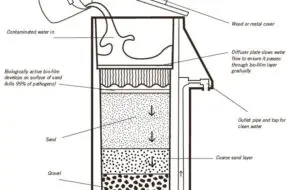
Sand filters, cartridge filters, or D.E. filters. Regardless of the filter you own, your filter does a lot of the dirty work for you. The job of a filter is to take the dirty water from your pool and clean it to the highest degree possible.

The Calcium Saturation Index (CSI) is a helpful tool for testing your swimming pool’s health. Read on to learn how to use it!
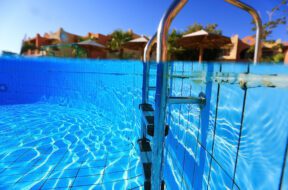
Borates provide many benefits to your swimming pool. Read on to learn more about why you should consider using borates!
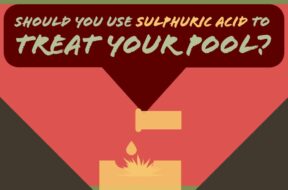
Sulfuric acid can be used to reduce the pH of your pool. But is it the right choice for you? Read on to learn more!

Want to learn more about algaecide? Read on to find out when to add algaecide to your pool maintenance routine and other helpful tips.
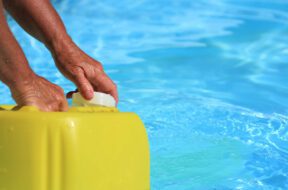
In this quick guide, we’ll answer the question “can you over shock a pool” and unveil the factors to consider when shocking a pool.
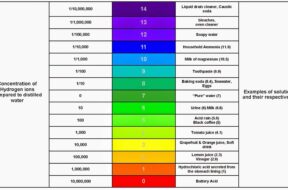
Maintaining both pH and total alkalinity in your swimming pool is important for keeping your pool properly sanitized and non-corrosive. Total alkalinity is to pH what cyanuric acid is to free chlorine. Total alkalinity stabilizes pH levels. The ideal pool pH level is 7.4 to 7.6. The ideal total alkalinity level is 80 to 120 ppm.
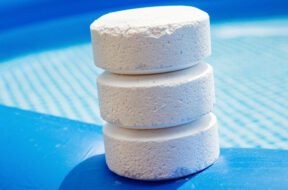
The Association of Pool and Spa Professionals recommends free chlorine levels for both swimming pools and hot tubs be kept between 2.0 and 4.0 ppm. However, the Center for Disease Control recommends free chlorine stay above 1 ppm in pools and 3 ppm in hot tubs.